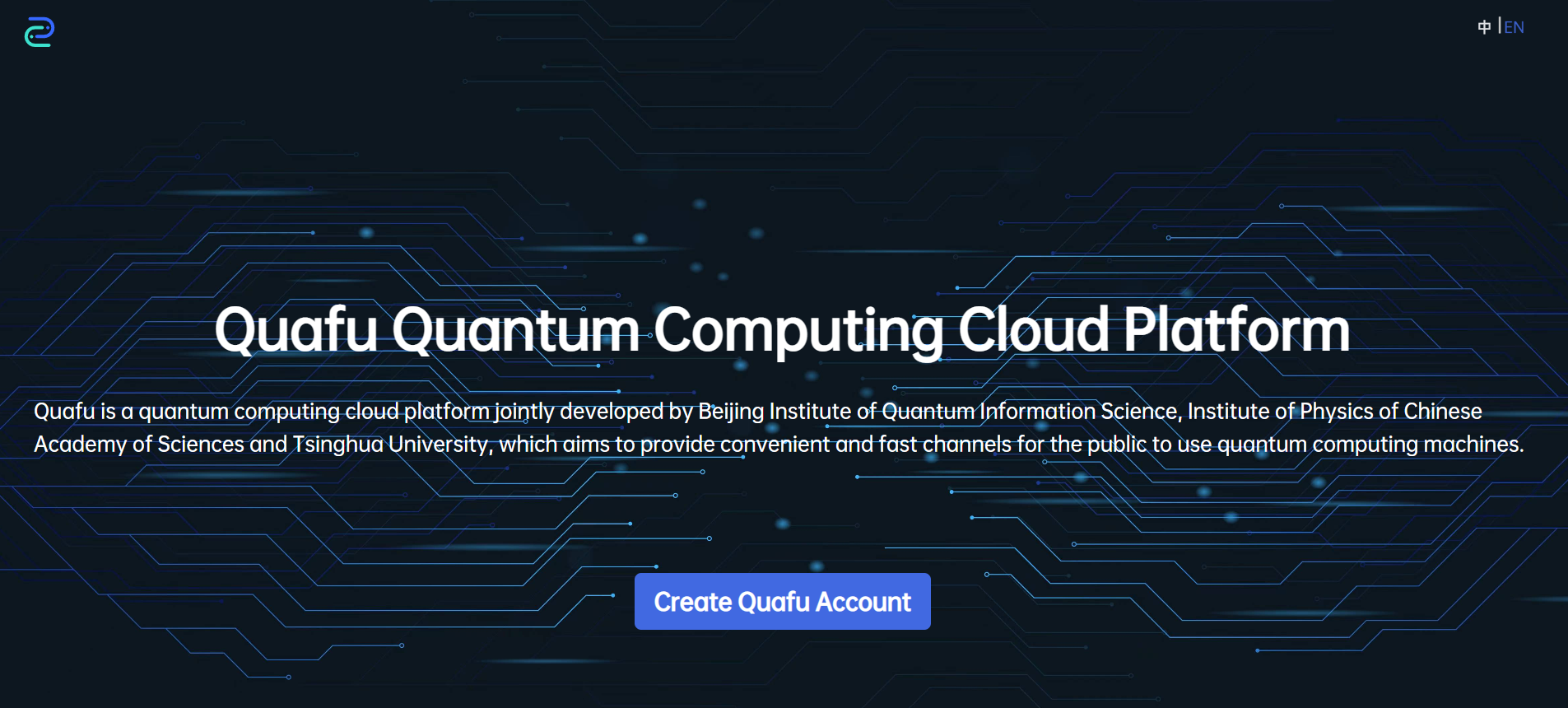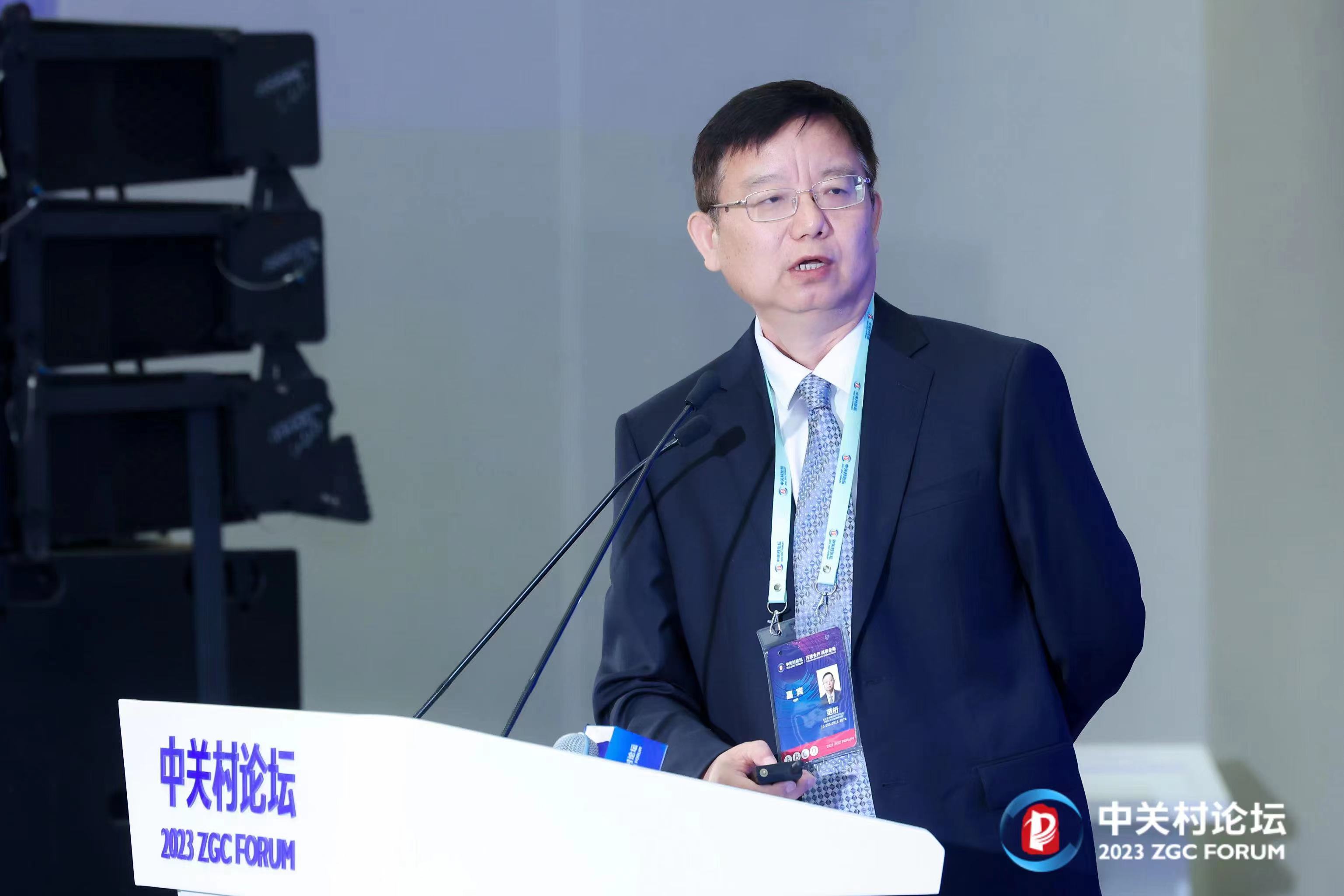BAQIS Unveiled “Quafu” Quantum Cloud Platform at 2023 ZGC Forum
2023/05/26
At the opening ceremony of the ZGC Forum on May 25, 10 major sci-tech achievements were unveiled, covering a wide range of areas, including blockchain accelerator chips, semiconductors and quantum computing cloud platforms. BAQIS is very proud to present a cloud platform as one of 10 major sci-tech achievements, which is designed to allow the general public to make use of its quantum machines at the Opening Ceremony.

It is known as Quafu,implying quantum future–but pronounced similarly to Kuafu, a mythological Chinese giant who tries to capture the Sun by running after it, eventually dies of dehydration and is turned into a mountain ranger. To Chinese, his story is a tale of bravery and self-sacrifice.
This new cloud platform can help researchers and students experience the computing power of quantum computers while advancing their own scientific research.

Fan Heng, a researcher at BAQIS and Institute of Physics, CAS, said the Quafu cloud system is connected to a 136-qubit quantum computer based in the BAQIS. The system is also linked to two other 18 and 10-qubit quantum computers in Huairou Division of Institute of Physics. He said that the processor of 136 programmable qubits is currently leading in China in number of qubits, which runs with high fidelity, while 18-qubit and 10-qubit processors perform also well for quantum computation.
“China had missed the golden development period in the era of traditional computing but quantum computers provide us with new opportunities,” Fan said. “The development of quantum cloud platforms is a good starting point for China to build its quantum industry.”
Since November last year, the platform has been open to domestic and foreign users for testing, and more than 2,000 people have registered to use it. At present, the platform has run quantum computing tasks more than 500,000 times, and it has always remained stable and efficient during this period. On this platform, users can write programs according to their own needs. It is not only compatible with the international general open quantum assembly language standard, but also provides a graphical interface, which can be conveniently programmed by just moving the mouse. Some domestic research teams are already using the cloud platform by PyQuafu to remotely call quantum chips to build their own scientific research and application software, and the ecological construction of quantum computing is gradually unfolding.
In the future, quantum computing will no longer only belong to scientific researchers, and its powerful computing power can optimize many daily life problems. Fan Heng took the logistics industry as an example. There are tens of millions of express deliveries circulating in the streets and alleys of Beijing every day. How to achieve more time-saving and labor-saving delivery requires huge computing power, and quantum computers can accomplish this task very well.
"The ecology of quantum computing needs to be built on a cloud platform, so the sooner the development of the cloud platform, the better." Fan Heng said that the development of the quantum computing cloud platform should seize the opportunity and iterate for a long time, so that the platform and users can grow together.
 中文
中文 Email
Email QCloud
QCloud Log in
Log in
